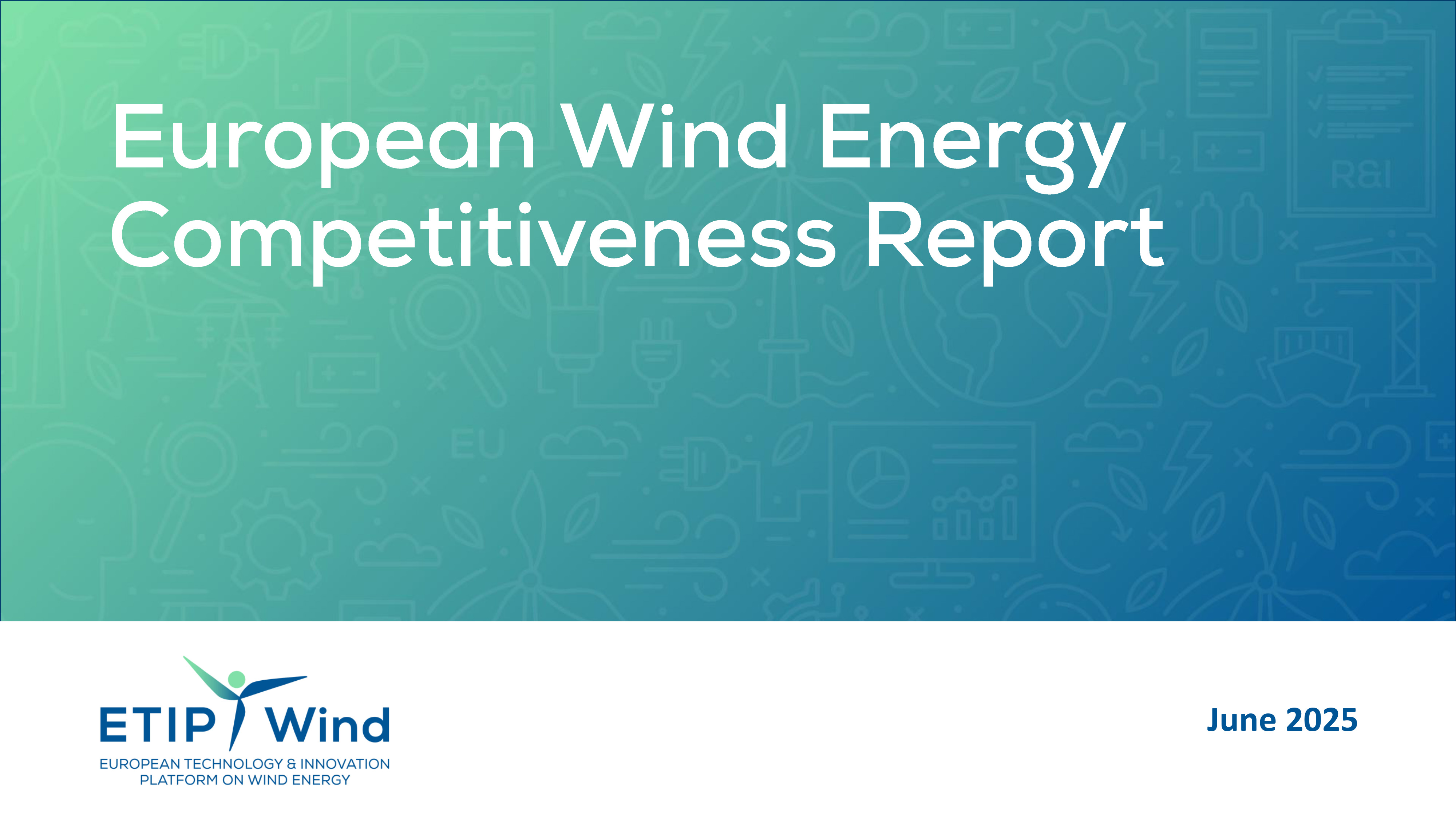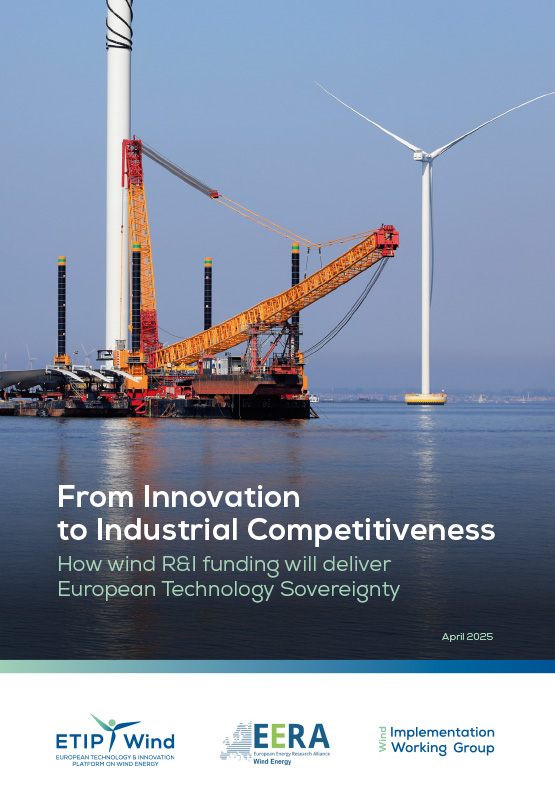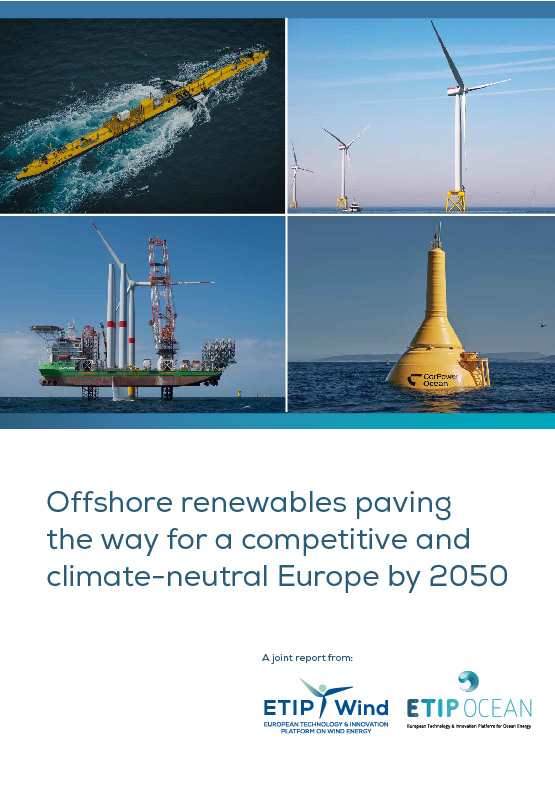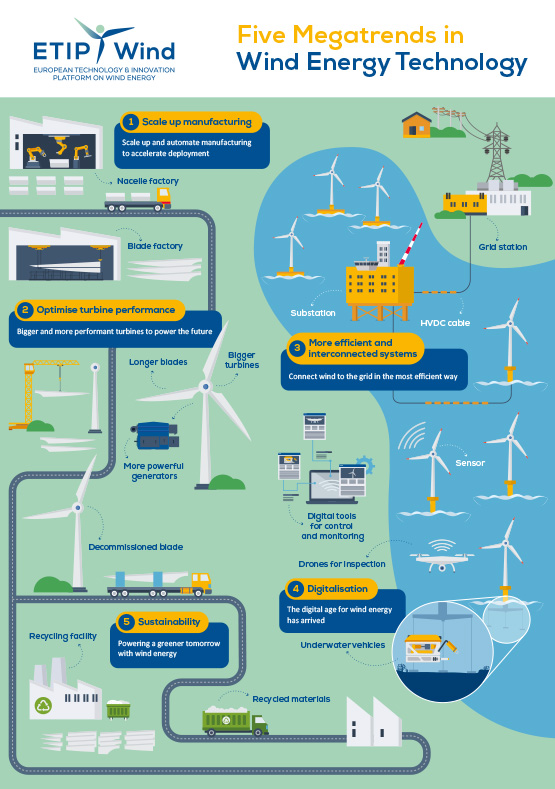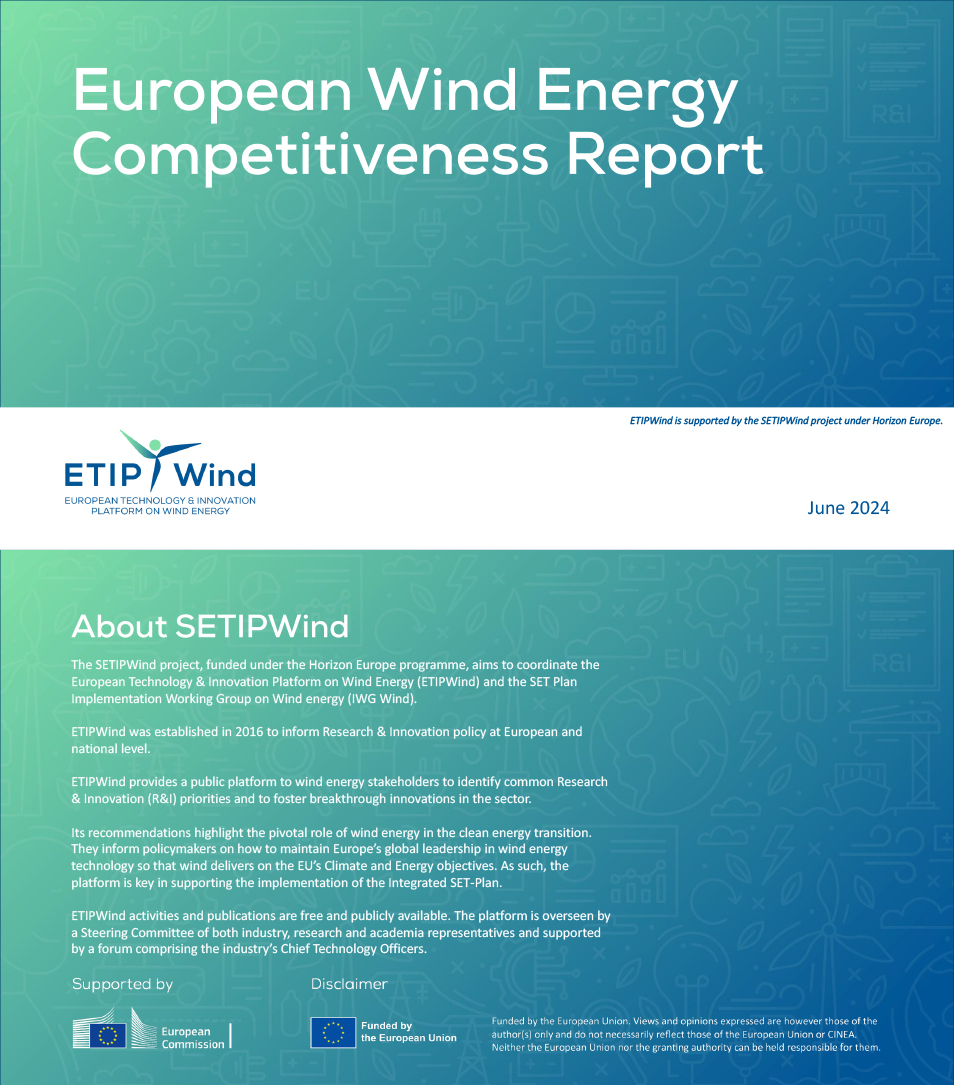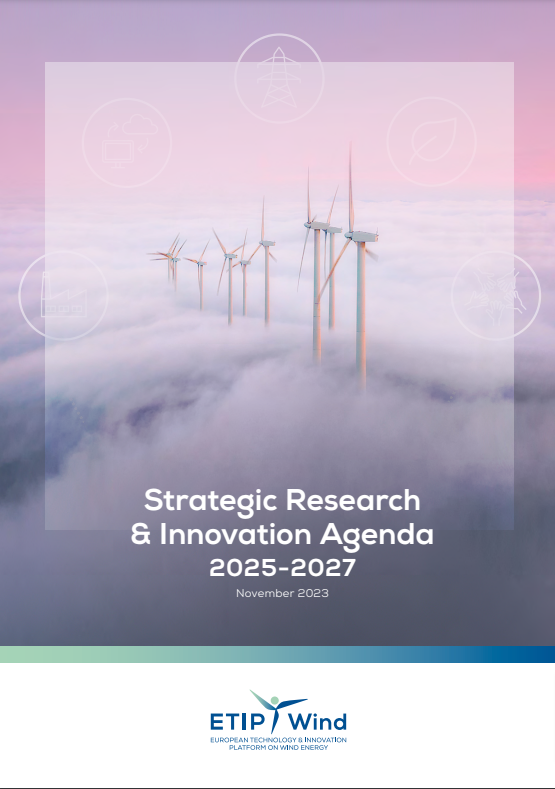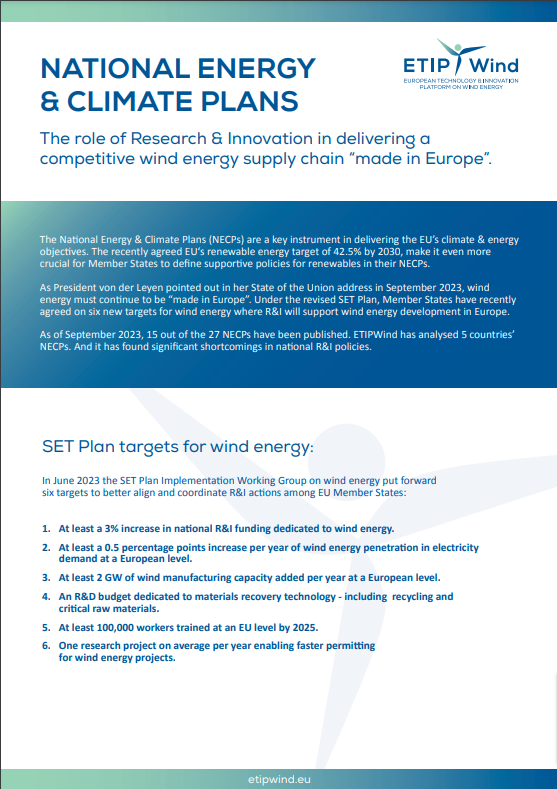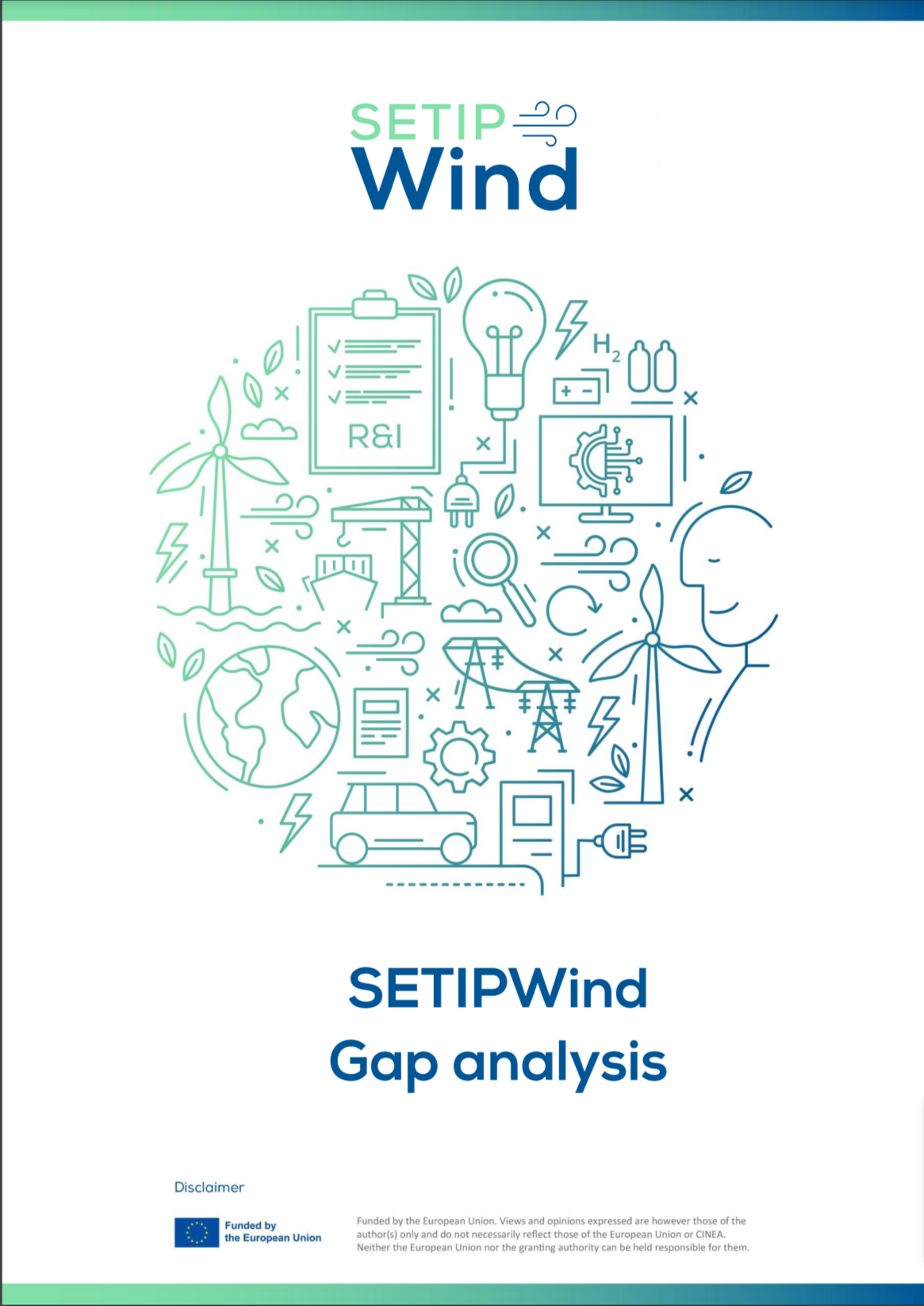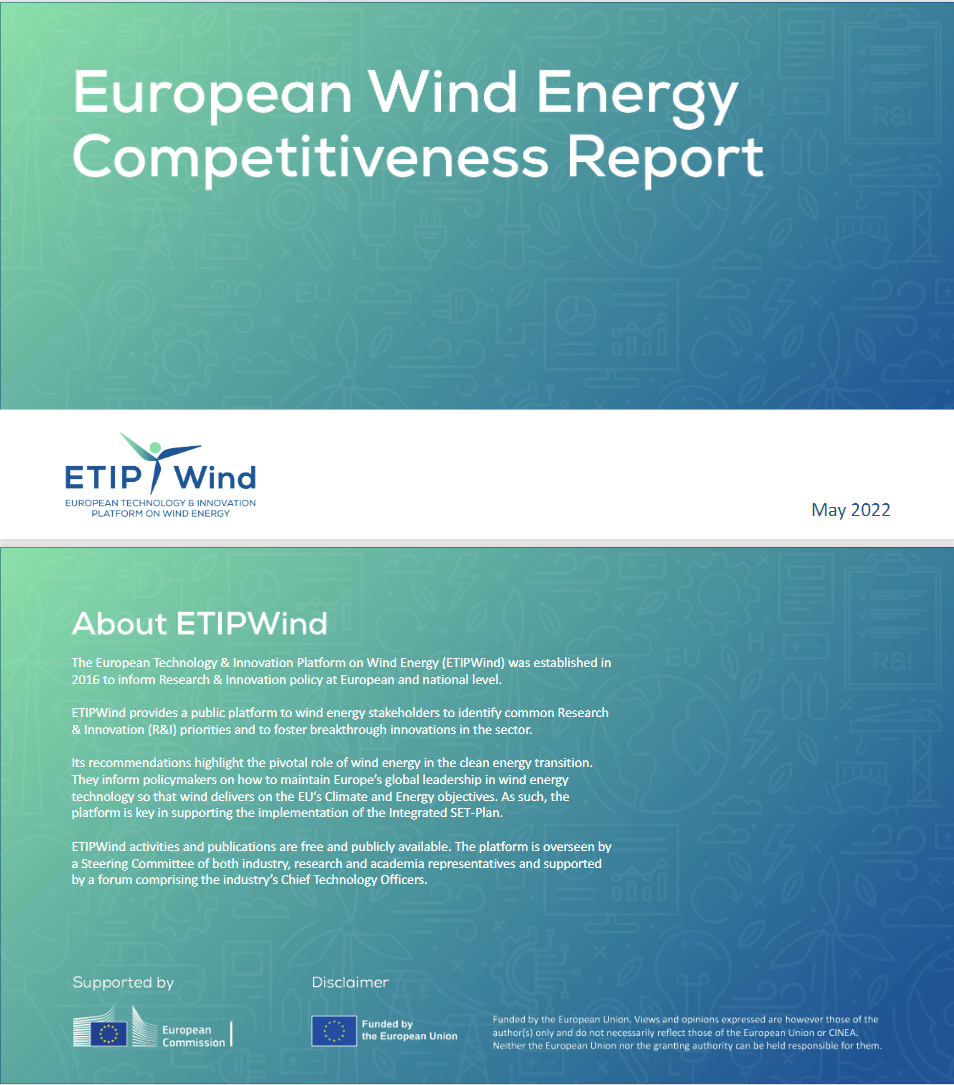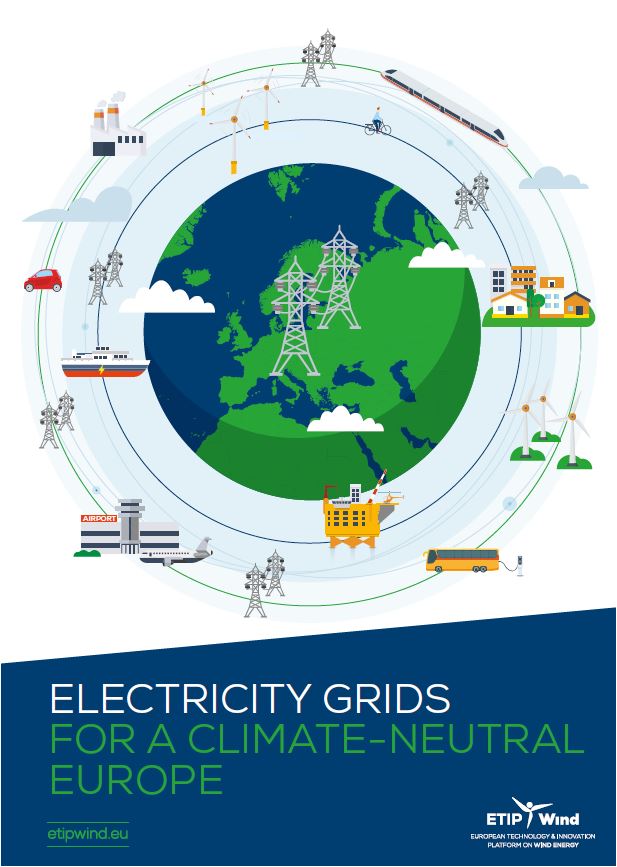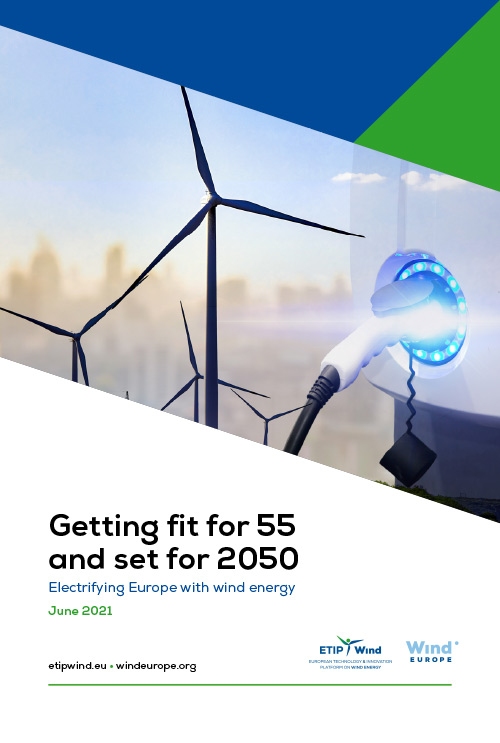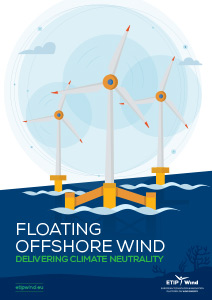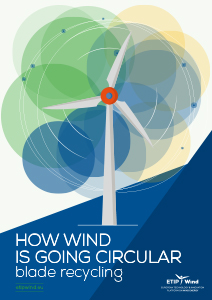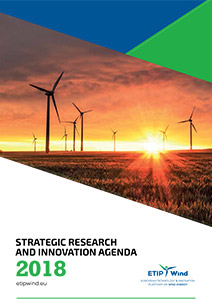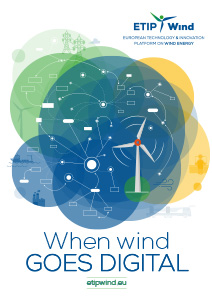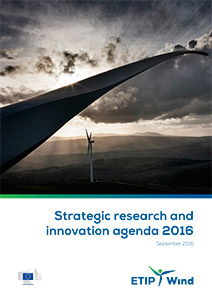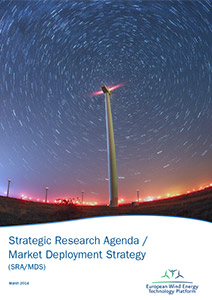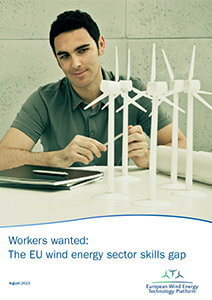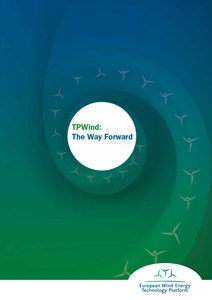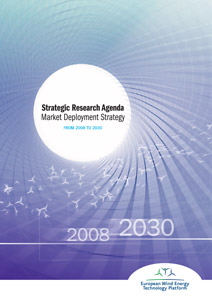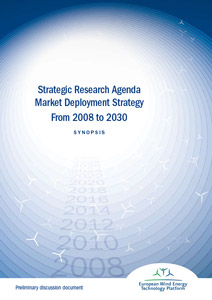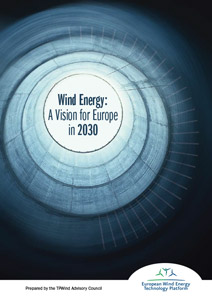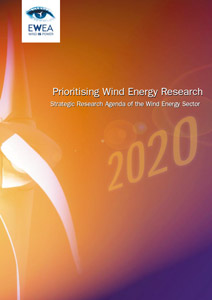European Wind Energy Competitiveness report – 2025
June 2025
This annual report, developed under the SETIPWind project, outlines the progress made across various competitiveness indicators of the wind energy sector, including wind energy installations, contribution of wind energy to the GDP, trade balance, employment, or Research & Innovation expenditure.
From Innovation to Industrial Competitiveness – How wind R&I funding will deliver European Technology Sovereignty
April 2025
This report presents the blueprint of a common European strategy to enhance policies and funding for wind energy Research & Innovation. The roadmap by 2050 aims to turn Europe’s excellence into industrial competitiveness and achieve technology sovereignty.
ETIPWind & ETIP Ocean – Offshore renewables paving the way for a competitive and climate-neutral Europe by 2050
October 2024
This report on offshore renewable energy focusses on its potential to boost EU’s competitiveness, strengthening energy security, and delivering high-skilled jobs. It has been jointly prepared by the European Technology and Innovation Platforms on wind energy and ocean energy (ETIPWind and ETIP Ocean).
ETIPWind – Five Megatrends in Wind Energy Technology
October 2024
This ETIPWind factsheet summarises the 5 main wind energy technology megatrends. It has been defined based on the input gathered during an ETIPWind workshop organised in June 2024. This factsheet is developed in the framework of the SETIPWind project.
European Wind Energy Competitiveness report – 2024
June 2024
This annual report developed under the SETIPWind project depicts the progress towards several competitiveness indicators of the wind energy sector including wind energy installation, contribution of wind energy to the GDP, trade balance, jobs or R&I expenditure.
ETIPWind – Strategic Research & Innovation Agenda – 2025-2027
November 2023
This Strategic Research and Innovation Agenda (SRIA) updates R&I priorities, both technological and in social sciences, for wind energy to become the leading driver of a resilient, affordable and sustainable energy transition in Europe.
NECPs – The Role of Research & Innovation in Delivering a Competitive Wind Energy Supply Chain “Made in Europe”
October 2023
This publication summarises the ETIPWind analysis of 5 draft National Energy & Climate Plans (NECPs) revised by the Member States in June 2023. It also includes recommendations aimed at improving the R&I and policy measures laid out in the plans regarding renewables.
ETIPWind Gap analysis – A comparison between ETIPWind priorities and Horizon Europe projects an calls
May 2023
This publication summarises the results from a Gap analysis conducted by the ETIPWind Steering Committee
members. The analysis compares the Research & Innovation (R&I) priorities identified by ETIPWind in its
2019 Roadmap with the wind energy R&I topics addressed by the European Commission’s funding programme for R&I: Horizon Europe.
European Wind Energy Competitiveness Report – 2023
June 2023
This annual report, developed under the SETIPWind project, depicts the progress towards several competitiveness indicators of the wind energy sector including wind energy installations, contribution of wind energy to the EU GDP, trade balance, jobs or R&I expenditure.
Electricity grids for a climate-neutral Europe
December 2021
The EU has committed to cut greenhouse gas emission by 55% compared to 1990 by 2030, a key milestone in reaching climate neutrality in 2050. Direct and indirect electrification powered by renewables is the most cost-effective and energy efficient way to achieve this. Moreover, renewables-based electrification of the economy is possible and affordable. To meet this ambitions, Europe needs to step up investments in grid expansion and optimisation. This energy transition requires an EU-coordinated approach to ensure the proper plans are drawn-up and implemented. This ETIPWind factsheet provides the four key building blocks for a renewables-based energy system that is fit-for-55 and set for climate neutrality.
Getting fit for 55 and set for 2050: Electrifying Europe with wind energy
June 2021
The EU has committed to cut greenhouse gas emission by 55% compared to 1990 by 2030, a key milestone in reaching climate neutrality in 2050. The European Commission’s analysis shows that direct electrification, complemented with the indirect electrification of hard-to-abate sectors, is the most cost-effective and energy efficient way to cut energy sector emissions to net-zero by 2050.
See the report findings Download the report (PDF) Download the infographic (PDF)
Floating offshore wind: delivering climate neutrality
June 2020
To become climate-neutral by 2050 Europe needs up to 150 GW of floating offshore wind. This is feasible and affordable. But the EU needs to act now and prioritise funding to bring the technology to maturity, unlock industrialisation and enable large-scale market deployment. At the same time, Member States should spell out clear ambitions for floating offshore wind and hold technology-specific auctions to deliver the required volumes. Implementing the recommendations of this ETIPWind factsheet will help Europe to deliver climate neutrality by 2050 and will support European competitiveness in a vast global market.
How wind is going circular
September 2019
Wind turbine blades are mostly made of complex composite materials. 15,000 blades will be decommissioned in the next five years. Dealing with this significant volume requires logistical and technological solutions for the collection, transportation and recycling of the relevant material. The EU must prioritise R&I funding to diversify and scale up recycling technologies as part of the next R&I framework programme, Horizon Europe. This is critical to Europe’s technology leadership as we embark on a global sustainable energy transition.
Strategic research and innovation agenda 2018
September 2018
The EU is committed to decarbonising its economy by 2050 and to becoming thE global leader in renewables. Wind energy alone could provide up to 30% of EU power demand by 2030 and is therefore a strategic sector for the EU. In order to achieve these objectives and drive the energy transition, more research and innovative solutions are needed. The 2018 Strategic Research and innovation Agenda presents a common vision on the wind energy sector’s research priorities to 2030.
When wind goes digital
December 2017
A new wind is blowing through the energy system – digitalisation. Over the past decade, most mature heavy industries have experienced a digital evolution, and the wind energy sector is no
exception.
Strategic research and innovation agenda 2016
September 2016
Research and innovation will play a fundamental role in achieving these objectives, and we need a strategic vision to shape future R&I priorities. A shared vision for Europe’s R&I is now reflected in this Strategic Research and Innovation Agenda.
Strategic Research Agenda / Market Deployment Strategy
March 2014
In 2013 the wind energy sector reached 117 GW of installed capacity in Europe, and would, in a normal wind year, produce 257 TWh of electricity, enough to cover 8% of the EU’s electricity consumption.
Workers wanted: The EU wind energy sector skills gap
August 2013
The European wind industry has grown rapidly. Installed capacity has increased from around 13 GW in 2000 to more than 100 GW in 2012. A consequence of this has been a failure for skills development to keep pace. This report shows that the European wind industry can play a key role in combatting unemployment.
TPWind brochure “The way forward”
March 2009
Looking back to the early days of TPWind, when imagining and grasping its full potential was not entirely possible, it is inspiring and encouraging now to see how the Platform has contributed to the unity, the awareness and the success of the wind energy sector.
Strategic Research Agenda / Market Deployment Strategy
July 2008
Wind energy is helping the EU reach many of its energy, economic and environmental objectives. It improves competitiveness and security of energy supply, helps reduce greenhouse gas emissions, and provides a quick and efficient way towards the 20% binding targets for renewable energy production by 2020.
Strategic Research Agenda / Market Deployment Strategy (synopsis)
March 2008
The European wind industry has grown rapidly. Installed capacity has increased from around 13 GW in 2000 to more than 100 GW in 2012. A consequence of this has been a failure for skills development to keep pace. This report shows that the European wind industry can play a key role in combatting unemployment.
Wind Energy: A Vision for Europe in 2030
September 2006
Wind energy is a European success story, but it is still just a shadow of what it could be. An enormous amount of fundamental, long term R&D, and policy development to build markets in the shorter term must be undertaken if wind energy is to become a major contributor to European electricity supply.
Strategic Research Agenda
July 2005
The energy sector of today faces a triple challenge: how to tackle climate change and meet rapidly increasing demand for energy while ensuring the security of its supply? Wind energy can be a significant part of the answer if sufficient support and increased political will are applied to its development.

